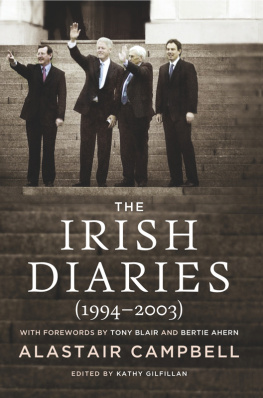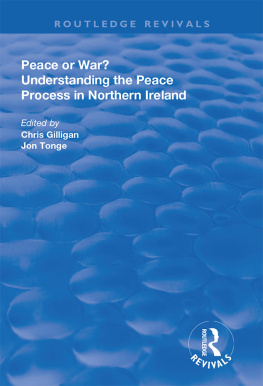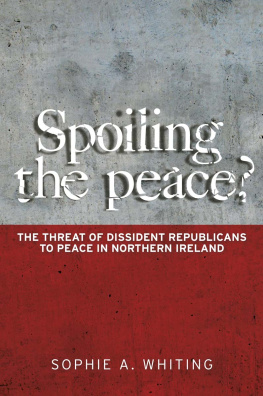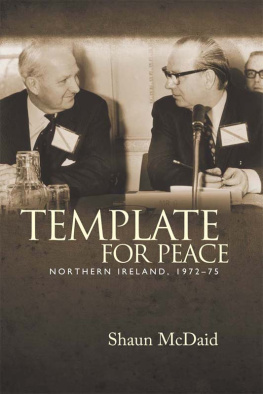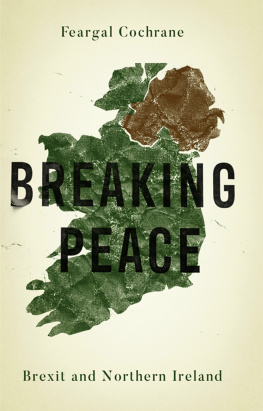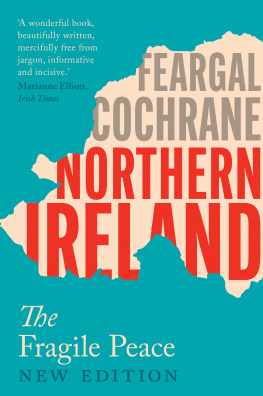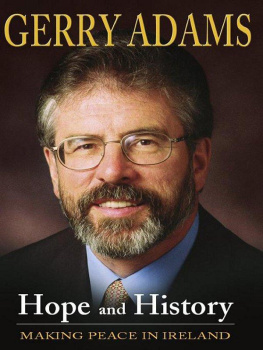CULTURE, SOCIETY & POLITICS
Contemporary culture has eliminated the concept and public figure of the intellectual. A cretinous anti-intellectualism presides, cheer-led by hacks in the pay of multinational corporations who reassure their bored readers that there is no need to rouse themselves from their stupor. Zer0 Books knows that another kind of discourse intellectual without being academic, popular without being populist is not only possible: it is already flourishing. Zer0 is convinced that in the unthinking, blandly consensual culture in which we live, critical and engaged theoretical reflection is more important than ever before.
If you have enjoyed this book, why not tell other readers by posting a review on your preferred book site.
Recent bestsellers from Zero Books are:
In the Dust of This Planet
Horror of Philosophy vol. 1
Eugene Thacker
In the first of a series of three books on the Horror of Philosophy, In the Dust of This Planet offers the genre of horror as a way of thinking about the unthinkable.
Paperback: 978-1-84694-676-9 ebook: 978-1-78099-010-1
Capitalist Realism
Is there no alternative?
Mark Fisher
An analysis of the ways in which capitalism has presented itself as the only realistic political-economic system.
Paperback: 978-1-84694-317-1 ebook: 978-1-78099-734-6
Rebel Rebel
Chris OLeary
David Bowie: every single song. Everything you want to know, everything you didnt know.
Paperback: 978-1-78099-244-0 ebook: 978-1-78099-713-1
Cartographies of the Absolute
Alberto Toscano, Jeff Kinkle
An aesthetics of the economy for the twenty-first century.
Paperback: 978-1-78099-275-4 ebook: 978-1-78279-973-3
Malign Velocities
Accelerationism and Capitalism
Benjamin Noys
Long listed for the Bread and Roses Prize 2015, Malign
Velocities argues against the need for speed, tracking acceleration as the symptom of the ongoing crises of capitalism.
Paperback: 978-1-78279-300-7 ebook: 978-1-78279-299-4
Meat Market
Female Flesh under Capitalism
Laurie Penny
A feminist dissection of womens bodies as the fleshy fulcrum of capitalist cannibalism, whereby women are both consumers and consumed.
Paperback: 978-1-84694-521-2 ebook: 978-1-84694-782-7
Poor but Sexy
Culture Clashes in Europe East and West
Agata Pyzik
How the East stayed East and the West stayed West.
Paperback: 978-1-78099-394-2 ebook: 978-1-78099-395-9
Romeo and Juliet in Palestine
Teaching Under Occupation
Tom Sperlinger
Life in the West Bank, the nature of pedagogy and the role of a university under occupation.
Paperback: 978-1-78279-637-4 ebook: 978-1-78279-636-7
Sweetening the Pill
or How We Got Hooked on Hormonal Birth Control
Holly Grigg-Spall
Has contraception liberated or oppressed women? Sweetening the Pill breaks the silence on the dark side of hormonal contraception.
Paperback: 978-1-78099-607-3 ebook: 978-1-78099-608-0
Why Are We The Good Guys?
Reclaiming Your Mind from the Delusions of Propaganda
David Cromwell
A provocative challenge to the standard ideology that Western power is a benevolent force in the world.
Paperback: 978-1-78099-365-2 ebook: 978-1-78099-366-9
Readers of ebooks can buy or view any of these bestsellers by clicking on the live link in the title. Most titles are published in paperback and as an ebook. Paperbacks are available in traditional bookshops. Both print and ebook formats are available online.
Find more titles and sign up to our readers newsletter
at http://www.johnhuntpublishing.com/culture-and-politics
Follow us on Facebook
at https://www.facebook.com/ZeroBooks
and Twitter at https://twitter.com/Zer0Books
Part One. Insular problem or universal cause?
You must remember that the cause of human freedom is as wide as the world.
Roger Casement, Letter to E.D. Morel, 8 April 1911
I am so grateful to Ireland...You have had many more years of imperialism than we have had, and you have produced a fabulous culture of resistance and an extraordinary spirit, which I desperately hope we (the Palestinian people) can measure up to by about 10 per cent...There are three places that have meant a great deal to me; one is South Africa, another is Ireland, and the third is India. These places have meant a great deal to me culturally, not just because there was always a spirit of resistance, but because out of it, there is this huge cultural effort which I think is much more important than arms, and armed struggle.
Edward W. Said, Interview with Kevin Whelan, Dublin, 24 June 1999
Peace process
The term peace process in the context of Northern Ireland refers to a series of major political developments since the early 1990s. It is the process that led to the IRA ceasefire in 1994, the negotiations that led to the 1998 Agreement, and all subsequent developments until former adversaries agreed to share power in 2007. All these developments have laid the foundations of where Northern Ireland is politically today. The peace process is generally presented as a success and a model to emulate in other conflict zones elsewhere in the world. In 2018, researchers for the University of Edinburgh set up a database called PA-X (Peace Agreement Access Tool) recording more than 140 peace processes which have produced more than 1,500 agreements aimed at resolving conflicts between 1990 and 2015, demonstrating the lasting impact of the Irish peace process on subsequent agreements worldwide. For governments, the process shows how talking to terrorists can lead to historic compromises. For insurgents it is an example of why governments should dialogue with them and negotiate a solution. It is those references to the Northern Irish model and the proposal to emulate it that makes it a politically relevant issue. The Northern Irish model is, however, not well understood if not misunderstood and makes a critical analysis all the more imperative.
Before developing this critical analysis, this chapter will first explain why and how Northern Ireland was created as a political entity, and the nature of the conflict that was its consequence. It will show that this is not just some insular problem but that it has global significance, making it politically relevant. It will outline the political perspective from which this analysis is written, and will attempt to show what is truly universal in it, as well as its democratic content. But beforehand, one should warn the reader of the fundamental problem that the peace process is in open conflict with the notion of truth, and remind them of the importance of truth in politics.
Truth or constructive ambiguity?
One of the problems with the media coverage of the Northern Ireland situation is that the conflict generated a real information war. The boundaries between information and disinformation, analysis and propaganda were very thin. Censorship, lies and media manipulation were common in this propaganda war in which the British state was the main actor..
The creation and maintenance of both the peace process and the 1998 Agreement have been judged to involve lying and deception. Twenty years after 1998 Professor Paul Dixon concluded that the inconvenient truth about the Belfast Agreement is that, if it wasnt for deliberate deceptions, there would be no peace process. Such a context of propaganda of peace, of deliberate lies and creative ambiguity makes an analysis demythologising the peace process all the more urgent. To use an expression attributed to George Orwell: In times of universal deceit, telling the truth is a revolutionary act.



